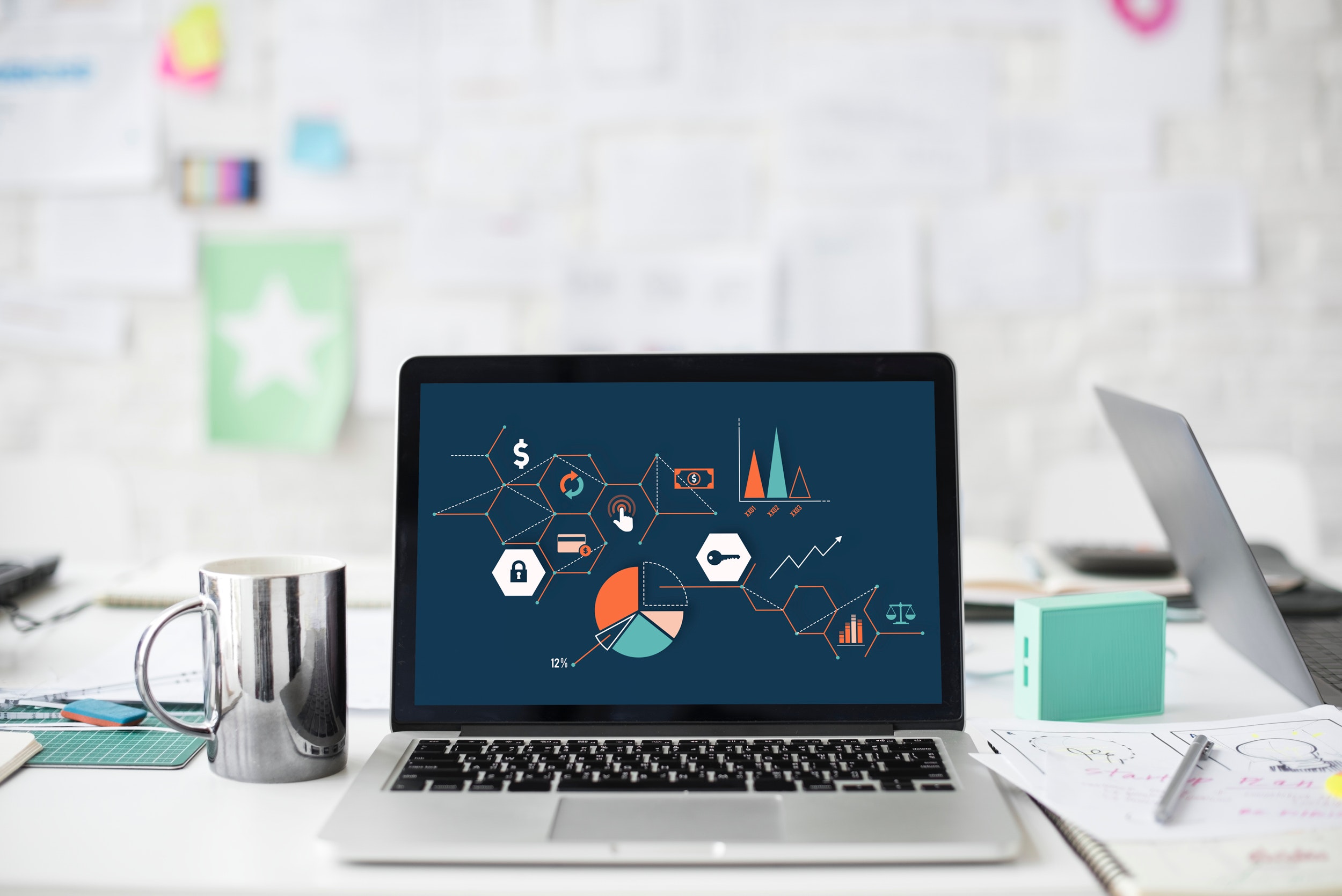Job Prospects
Do you want a career that is exciting, varied, always advancing and makes a real difference to the lives of people all over the world?
Pharmaceutical research and development is changing fast and with it the roles of statisticians and statistical programmers are continually being re-defined. The historical ‘one-size fits all’ drug model is quickly being replaced by
innovative, targeted, personalized medicine. The increasing pressure of government budget cuts and availability of biosimilars necessitates an alternative, more agile approach to drug development. The pharmaceutical industry is moving into a
new era where analytical skills are highly sought: adaptive, flexible trial designs are replacing traditional phase I-IV models, interactive, dynamic data displays provide more flexibility and speed over traditional static reports.
The desire for personalized healthcare is leading the way to exploring high dimensional data such as imaging, genetics and biomarkers. New and exciting opportunities are opening in the field of big data and with-it techniques for artificial learning
and machine learning.
For these reasons, the industry is turning to the following innovative approaches:
- Screening large numbers of candidate molecules for development using high power computing
- Furthering our understanding of the biology of diseased patients to help identify specific disease targets
- Systematic review (network meta-analyses and data-mining) of prior research together with newly available data
- Modelling and simulation based approaches which link information from pre-clinical animal studies and human clinical trials
- Bayesian statistics that allow prior information from existing knowledge to be used
- Flexible and efficient trial designs that seek to terminate ineffective drugs early on. Valuable resources can then be re-directed towards more promising drugs
- Close partnerships with academia, technology companies, patient advocate groups
- High dimensional data such as imaging, genetics and biomarker that require machine learning and artificial intelligence techniques
- Increased sharing and transparency of data
In almost all these areas, the role of statistics and statisticians is growing. Are you up for the challenge?




